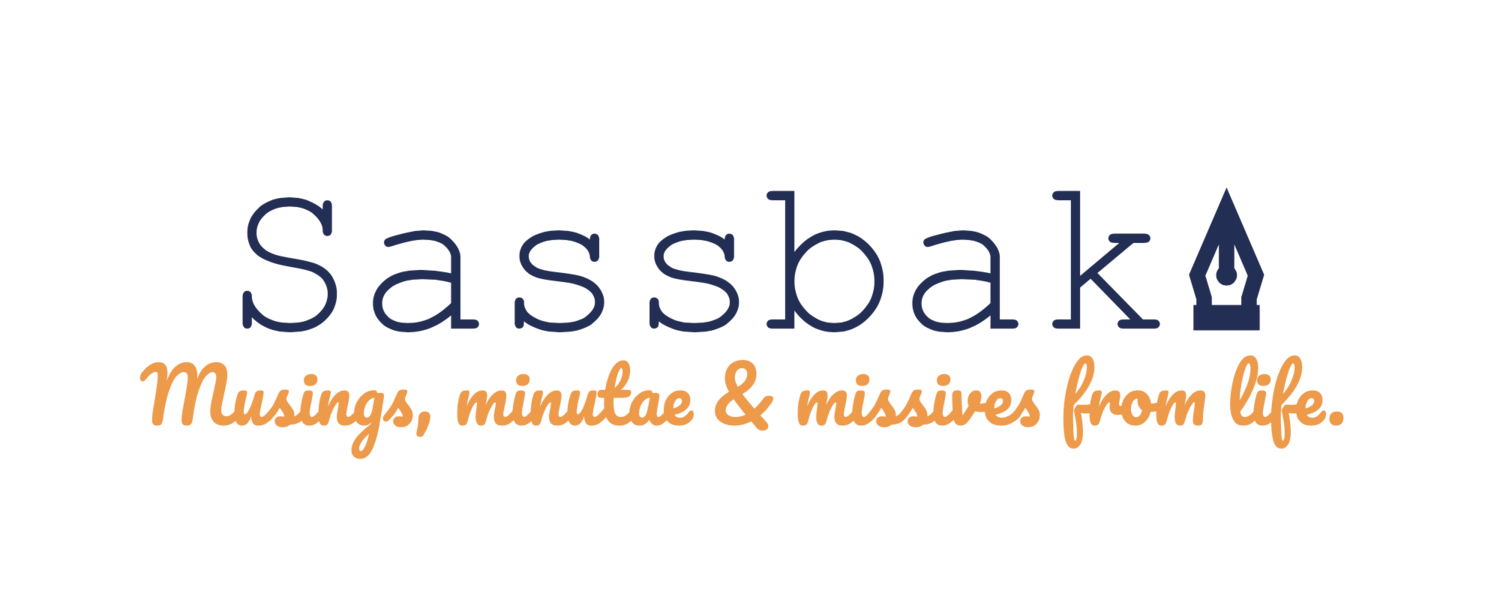Aiming for Strange
"I met a normal person once. He was really boring." —Howard Romano
It may be safe to say that of the millions of people who, like me, were saddened by Lou Reed's passing, many of them had never heard the name of his partner, Laurie Anderson, until reading her beautiful remembrances of their friendship and their last days together, which have bloomed around the internet since his death.
The soundtrack of my childhood was a raucous mishmash of classical, experimental, electronic, rock and roll, jazz, blues, and folk music. Sgt. Pepper's Lonely Hearts Club Band would blare out at breakfast time, and Beethoven's piano concertos would lilt through the house while we fell asleep. Harry Nilsson and Taj Mahal and Louden Wainwright III would tangle with Big Brother & the Holding Company, followed by Kitaro's Japanese electronic music or Miles Davis's Bitches Brew. There was Paul Simon (no Garfunkle), Michael Hedges, Janis Joplin, The Rolling Stones, Mozart, George Winston, Jimi Hendrix, and Joan Baez. And threading all of this together was Laurie Anderson.
It's hard to classify her. You certainly can't simply slap her into a genre and be done with it. Her music is as catchy as pop and muscular as rock and roll, but without any of the predictability. She's something of a spoken-word poet, but her singing has that goose-bumping, soaring quality usually associated with opera divas. And complicating all of that, delightfully, is her shameless co-opting of world-music riffs and splashes of gospel and her homemade electronic violin with a cassette tape bow. To say nothing of that synthy sound that accompanied so much of the music from the 80s. But she is not a democratic artist; her music—like punk rock, like Björk, like Tom Waits—isn't for everyone. She's one of those musicians who resonate with people, or not. People love her, or don't.
My father was one of the people who loved Laurie Anderson. He loved her edgy discordant sounds. He loved that every album she made sounded different from the last. The more strange and sonically confusing the track, the more he admired it. There was a song on her 1982 album Big Science that featured her voice, treated robotically with a synthesizer, saying. "Hi. I'm not home. But if you'd like to leave a message, just start talking at the sound of the tone," which my father, despite my mom's pointed eye-rolling, recorded as the outgoing message on our answering machine.
My father's taste and intelligence was expressed in the fact that he was drawn toward things that would repel or daunt many people. He didn't just play chess—he played speed chess; he loved Miles Davis, but always preferred Live Evil to Round Midnight; before most people of the 80s could stomach the idea of raw fish, he was downing uni and quail eggs at our town's lone sushi bar; he would read books about theoretical physics for fun. There was a reason his preferred nickname was "How-weird." Laurie Anderson and her music are built for the sort of person my dad was—always relentlessly seeking out the different, the strange, the unusual, the discordant, the counterintuitive, the more interesting way to do whatever it was you were setting out to do. Laurie Anderson, Lou Reed, Howard Romano—just three of the countless individuals who have existed in this world to make it more interesting, to make it deeply, beautifully, intelligently, engagingly interesting.
Postscript: Listen to Laurie Anderson's Strange Angels on Rdio.
